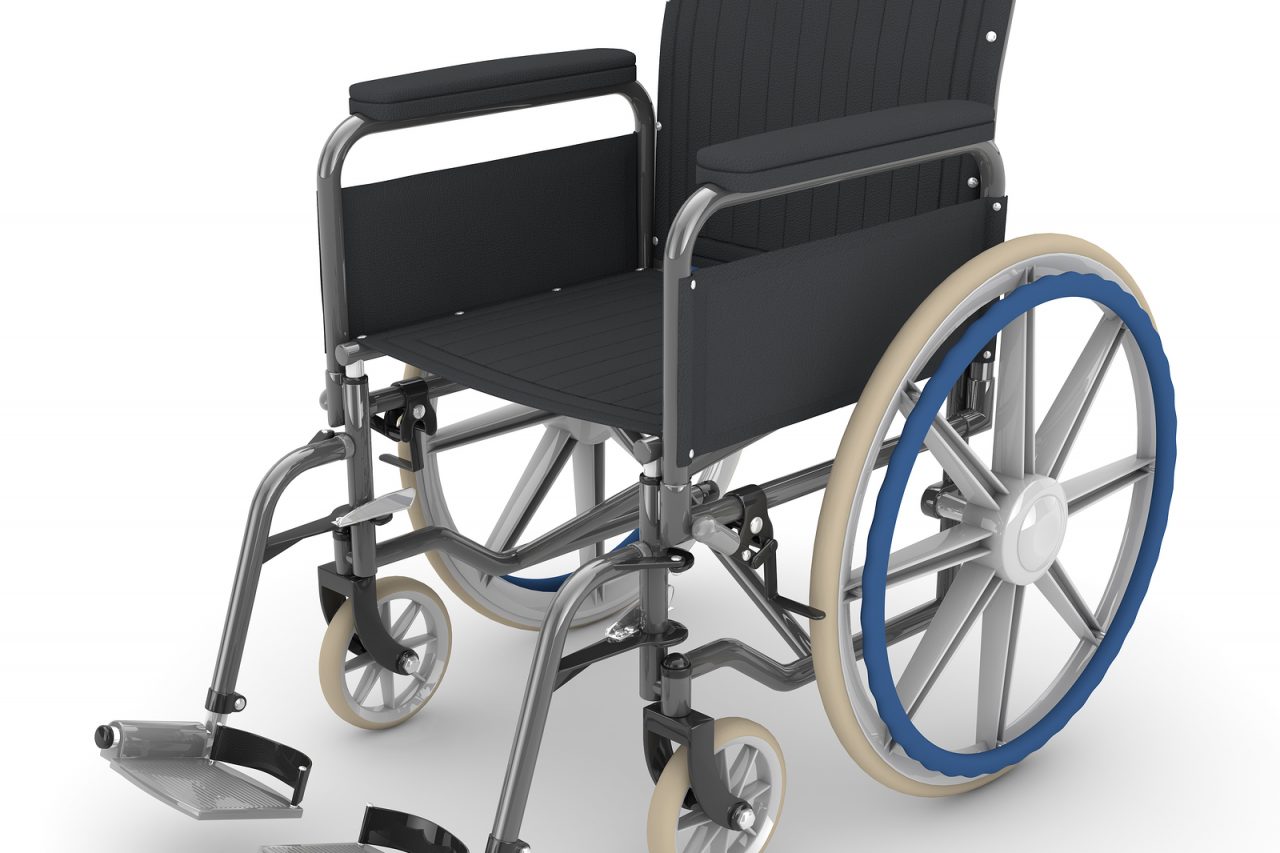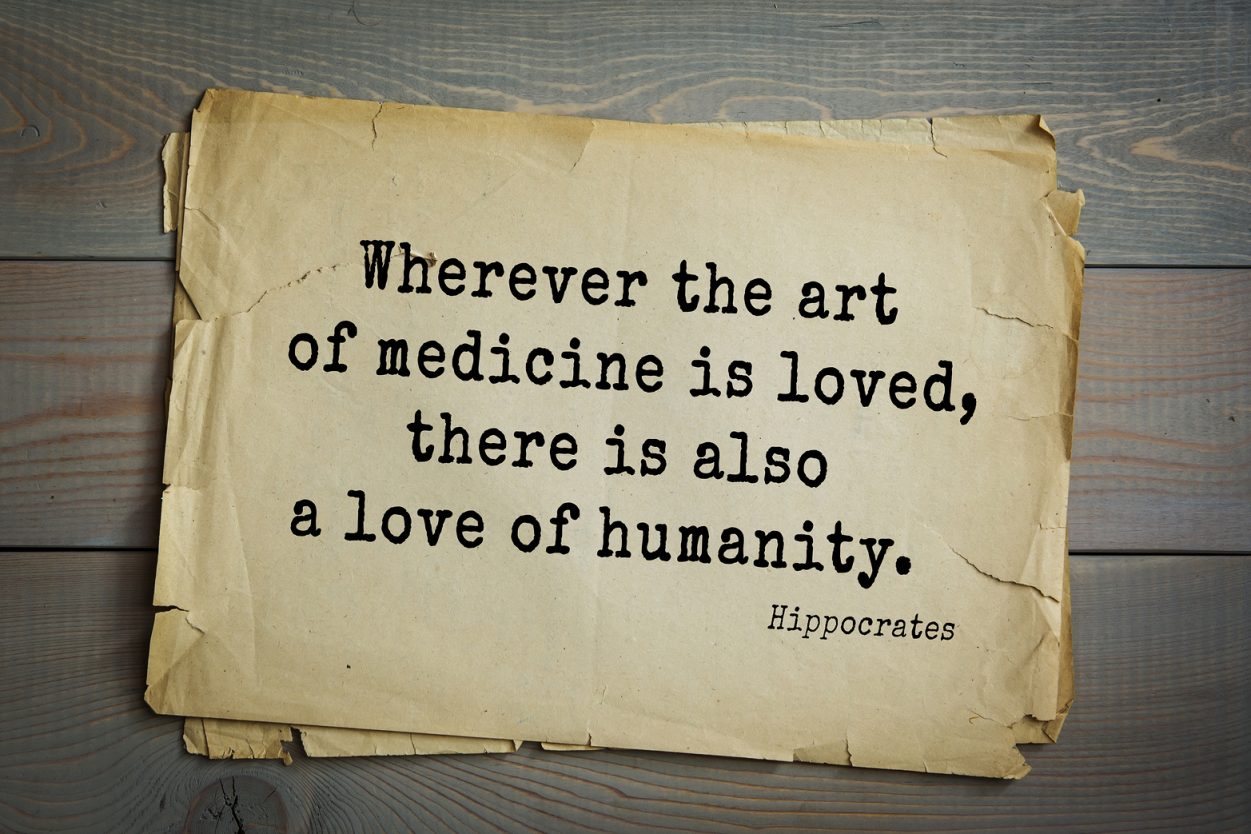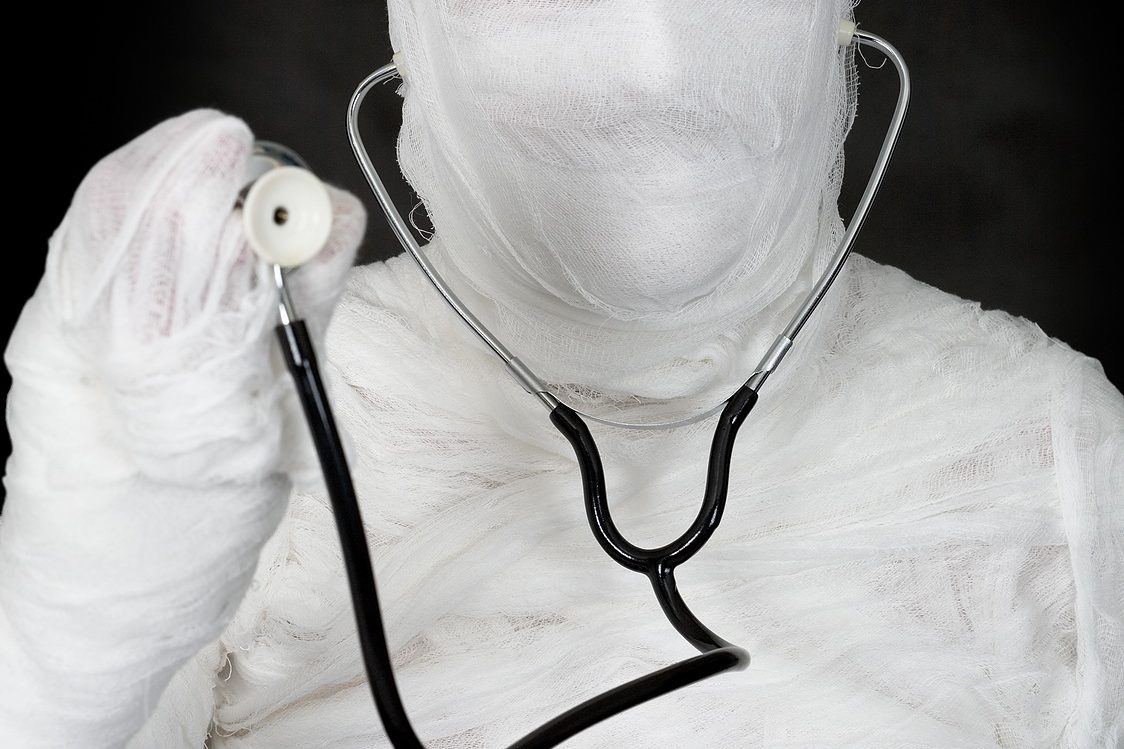“If it is not broke, don’t fix it.” My mom, at least 1000 times.
Doctors have several bad habits. They order piles of tests just to get a vague, unfocused view of a patient’s health. They order expensive and invasive tests to rule out the unlikely or extraordinarily rare. The worse “bad test habit” is when doctors order a test, which, no matter what the result, will not change what they are planning to do.
Why do doctors over order? These same people thought a 96% on the high school chemistry exam was a life-ending disaster. They believed that those 4 percentage points would be the difference between doctor and dogcatcher (no insult intended to my canine-trapping friends, just a comment on over-qualification). Physicians are prone to a standard of exactitude, which is not always reasonable, practical or merciful. They stay awake nights because of the minute possibility that there is a tiny chance of a small probability that an obscure diagnosis might be missed, because blood was not drawn, an x-ray not taken or an orifice not invaded.
There is not a lot of balance on the other side of the bed rails. Patients and caring family, especially in the invasive Internet era, are adept at expanding the differential diagnosis to maladies whose likelihood is remote. There is great deal of pressure on doctors not only too overturn every stone, but to dig five feet into the earth, no matter how unlikely a revelation or how probable a complicating scar.
Nonetheless, most is the test that will not change care. Frequently patients and docs fail to ask the question, before they stick in the needle or press the button, “What am I going to do with the answer?”
I saw a consult with sudden kidney failure. The patient’s kidneys stopped working after a cardiac catheterization…the intravenous dye was too much for his system. The cath was done because he was short-of-breath. This was more likely because his left lung was being destroyed by cancer. That he could not breath because he had a chest full of malignancy was ignored, in favor of an improbable diagnosis, unstable heart disease. More important, no one had asked, before they invaded his heart and wiped out his kidneys, “are we going to fix the coronary arteries of a patient with advanced lung cancer?”
The family and primary doc of a patient of mine canceled hospice, even though the patient’s brain was massively invaded by a horrible and aggressive tumor. She was taken off hospice so that an MRI of the brain could be performed and a laundry list of blood tests performed. The tests were done, to the discomfort of this frail patient, so that they could “better understand what was happening.” What was happening? She was dying, all be it slowly, from brain cancer. The patient went back on hospice.
I often see patients with advanced disease who are continuing to get x-rays and labs, even though their medical condition is beyond remediation. Instead of focusing on comfort at this moment right now, intrusive testing is the theme. Families, patients, get distracted from pain control and simple encouragement, while they run along with a medical team which is trying to treat by test, instead of achieving comfort as the primary goal. This viscous cycle of testing distracts from humane goals and can bring real harm.
I saw a 91-year-old woman in the office last Friday, who first came to see me in the spring of 2014. She has advanced cancer, of some sort, which has spread to her lungs. When she first saw me, two years ago, I said, “you have seven nodules in your lungs, and you need a biopsy.” She said, “But, I am 89-years-old, what are you going to do about it anyway?’ I had no good answer, so we agreed to watch and wait. Two years later, she feels fine. We have not repeated the CT scan, so I do not know if the nodules have gotten larger. Had we proven cancer, I would probably be patting myself on the back about how well chemotherapy was working, and she would have been suffering the side effects of my hubristic success.
It boils down to this. Have a clear understanding about how a particular test is going to change the plan. Do not go hunting in the dark and do not be fooled that unnecessary tests bring reassurance. They bring confusion. A test only has value if it improves life. Occasionally we need to remind ourselves that is the purpose of the practice of medicine, anyway.







10 Comments